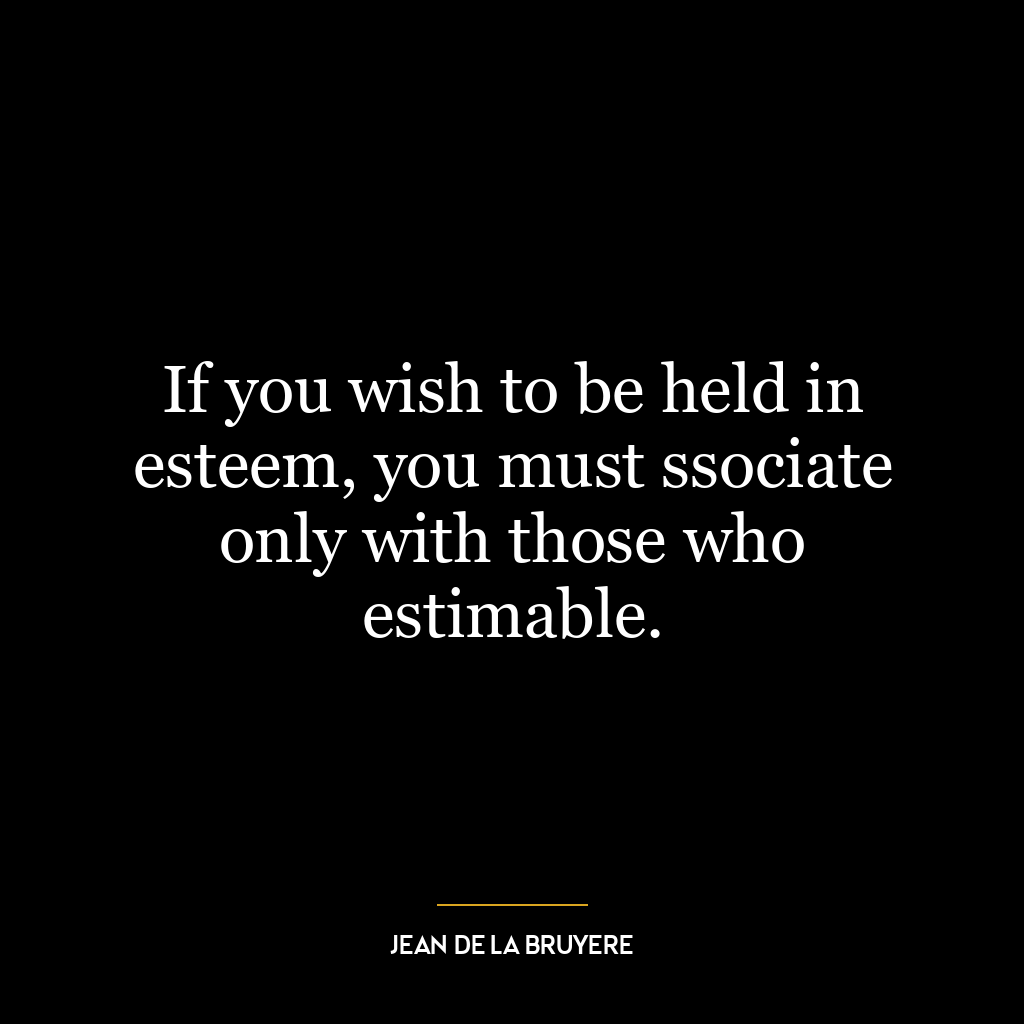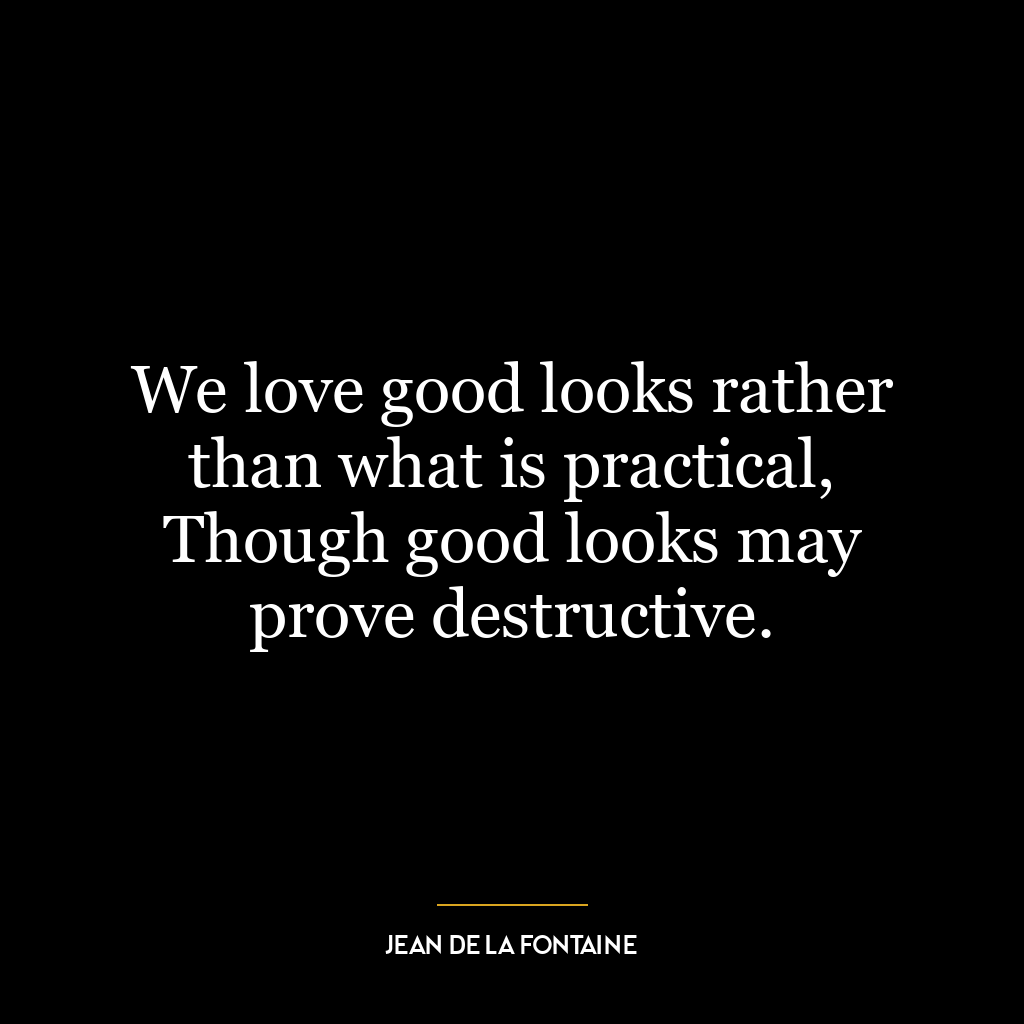Even a little untruth destroys a man, as a drop of poison ruins milk.
This quote emphasizes the destructive impact of deceit, no matter how small it may seem. Just like a single drop of poison can spoil an entire glass of milk, even a minor untruth can lead to the downfall or destruction of an individual. It underscores the significance and value of truthfulness in character building and moral integrity.
The essence of this quote is that honesty is not a matter of degree but an absolute value. A lie, regardless of its size or intention behind it, remains a lie and has the power to erode trust and credibility. The ‘drop’ signifies that even if one might consider their dishonesty insignificant compared to their overall actions or behavior, it still has the potential to overshadow all else.
In today’s world where misinformation spreads rapidly through social media platforms, this quote holds great relevance. It serves as a reminder that spreading false information can cause harm on a large scale – from damaging reputations to inciting violence or panic.
On personal development front too, this idea can be applied effectively. Honesty forms the bedrock for self-esteem and respect in society; when we resort to lies (even white lies), we compromise our self-worth and dignity. Therefore, cultivating truthfulness helps us grow as individuals who are trusted by others.
Moreover, when we choose honesty over deceit in our professional lives—whether it’s admitting mistakes instead of covering them up or refusing to engage in unethical practices—we not only build our credibility but also contribute towards creating transparent work cultures which are fundamental for any organization’s success.
So essentially Gandhi’s words serve as timeless wisdom underlining that truth should be upheld at all times because even slight deviation from it could have serious consequences – personally or collectively.








